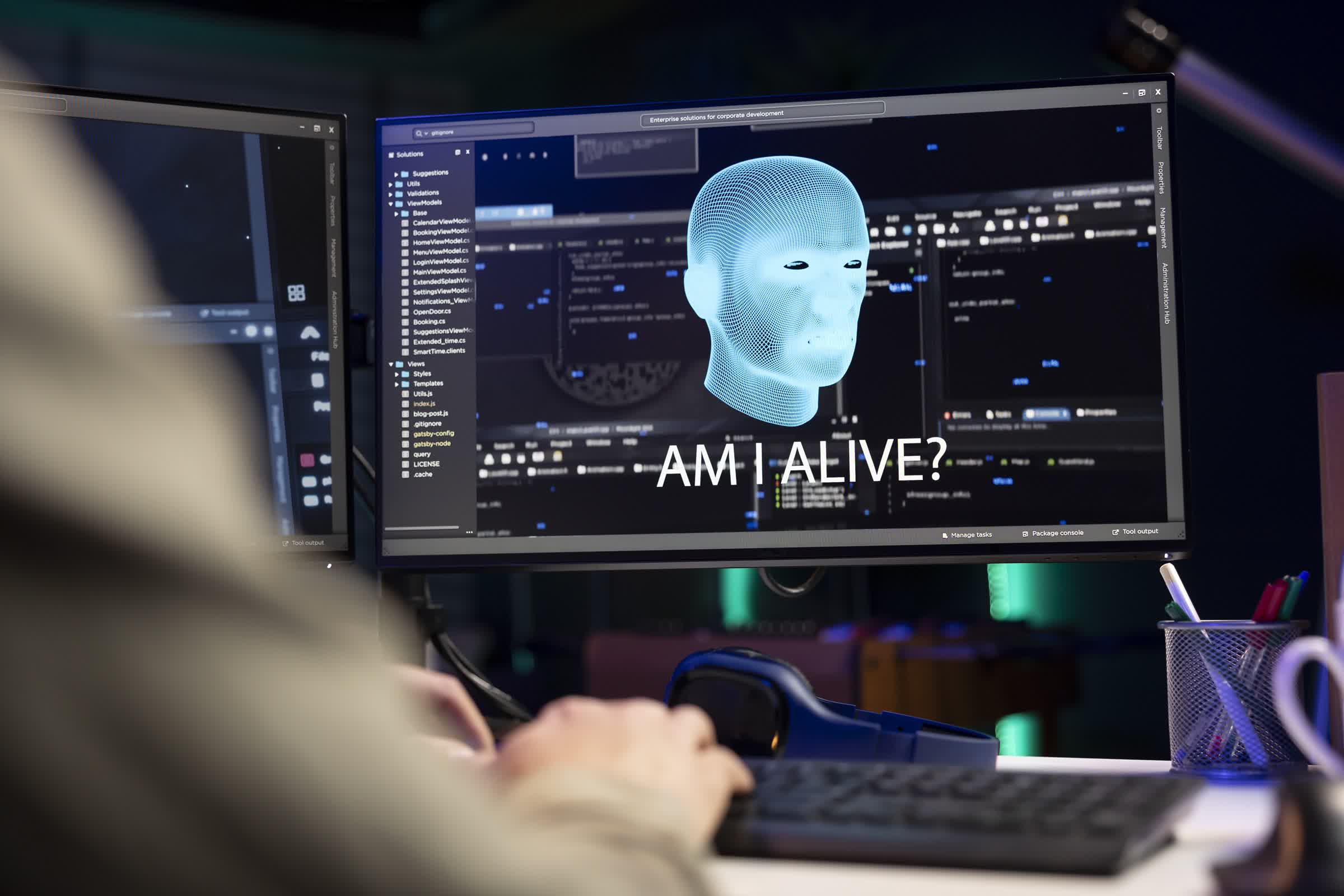Forward-looking: Meta CEO Mark Zuckerberg has articulated his ambitions for artificial intelligence in a sweeping blog post, calling for a future where personal superintelligence becomes a driving force for individual empowerment instead of widespread job automation.
In the post, published ahead of Meta’s second-quarter earnings report, Zuckerberg outlined his vision for AI’s next frontier, suggesting that the path ahead could help people “achieve your goals, create what you want to see in the world, be a better friend and grow to become the person that you aspire to be.”
He contrasted Meta’s strategy with that of other technology companies, emphasizing that, unlike some industry peers who envision superintelligence as a means to automate work on a large scale and allocate its benefits collectively, Meta aims to use the technology to support individual empowerment and personal agency.
While the letter offered few specifics on upcoming products, it highlighted Meta’s recent acceleration in the AI race. In June, the company committed $14.3 billion to an investment in Scale AI and hired Scale’s CEO, Alexandr Wang, who will lead the newly formed Meta Superintelligence Labs as chief AI officer. The company has also drawn engineers and researchers from leading rivals, including OpenAI, Google, and Anthropic.
Zuckerberg’s announcement arrives at a pivotal moment for the social media giant, as the company seeks to win mindshare – and market share – in the increasingly competitive world of advanced AI. Notably, he stressed the company’s commitment to “building personal superintelligence for everyone,” describing Meta as uniquely resourced “to build the massive infrastructure required and the ability to deliver new technology to billions of people.”

Meta’s push reflects rising use of AI for personal endeavors. According to a survey from Elon University, over half of respondents reported using AI chatbots for personal rather than work-related tasks, foreshadowing a potential shift in how people interact with technology.
Zuckerberg acknowledged the immense cost and responsibility inherent in this transformation. He predicted the push toward superintelligence could cost Meta “hundreds of billions of dollars.” He also pointed to possible new safety challenges and the importance of rigorous risk mitigation, while maintaining that “building a free society requires that we aim to empower people as much as possible.”
Comparisons to Meta’s efforts building the metaverse, a project that generated significant losses in its Reality Labs division, are inevitable. Despite the challenges, Zuckerberg remains confident about the future, suggesting that if current trends persist, people will likely shift away from traditional productivity tools in favor of activities focused on creativity and connection. He believes that personal superintelligence – capable of understanding individuals and supporting their goals – will ultimately prove most valuable.
Looking forward, Zuckerberg emphasized the significance of the coming years: “The rest of this decade seems likely to be the decisive period for determining the path this technology will take, and whether superintelligence will be a tool for personal empowerment or a force focused on replacing large swaths of society.”
